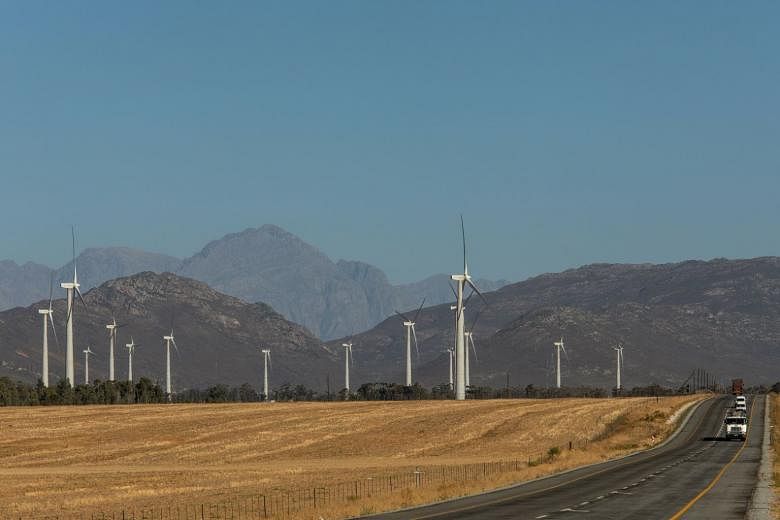(FINANCIAL TIMES) - Today, human beings and the livestock we rear for food make up 96 per cent of the mass of all the mammals on the planet. Moreover, 70 per cent of all the birds now alive are poultry - mostly the chickens we eat. Extinction rates are also thought to be 100 to 1,000 times higher than their background rate over the past tens of millions of years.
All this is a small part of our overall impact on the planet's biosphere, the sum of all its ecosystems.
Already a subscriber? Log in
Read the full story and more at $9.90/month
Get exclusive reports and insights with more than 500 subscriber-only articles every month
ST One Digital
$9.90/month
No contract
ST app access on 1 mobile device
Unlock these benefits
All subscriber-only content on ST app and straitstimes.com
Easy access any time via ST app on 1 mobile device
E-paper with 2-week archive so you won't miss out on content that matters to you

